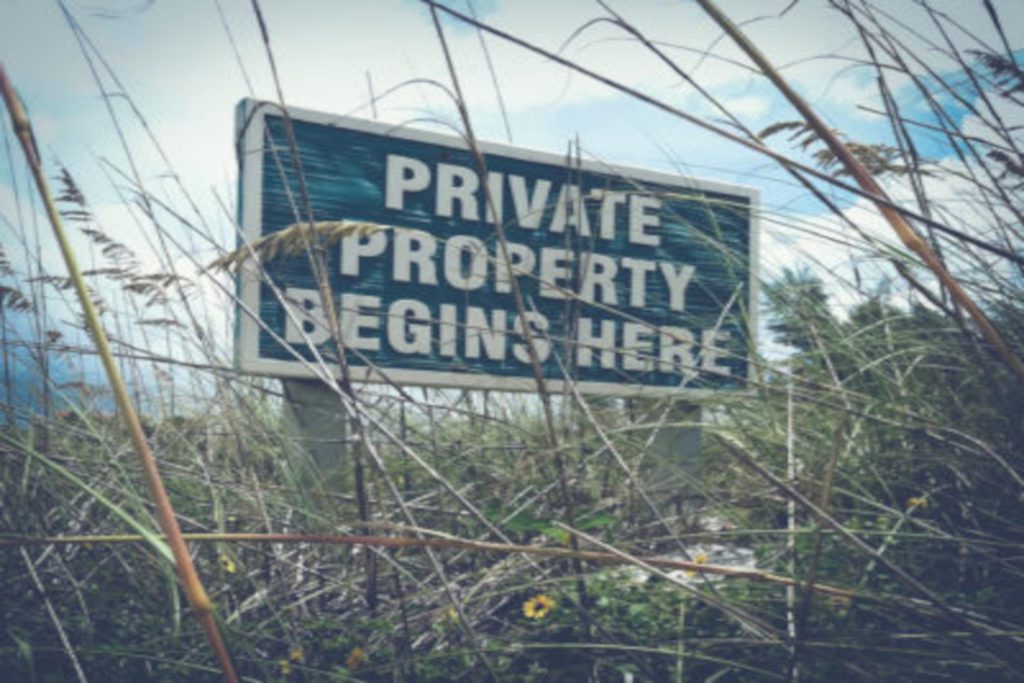Representing real estate developers, we are often asked how damages are calculated when the State of Florida takes a building in eminent domain. The answer is that it depends (don’t you love lawyerly answers?), but for the most basic scenario, we’ll analyze a taking that will require destruction of the entire building and for round numbers, we’ll say that the building has a fair market value of one million dollars. In short, under applicable Florida statutes and case law, fair market value of land and any additional factor impacting the value of the condemned property are factors to determine full compensation. The specific facts of the case will determine if any other applicable compensation is awarded.
Pursuant to Florida Statute § 73.071, the three categories of compensation are 1) the value of the property; 2) severance damages and business damages, where less than the entire property is sought to be appropriated; and 3) reasonable removal or relocation expenses incurred by a mobile home owner. Id. § 73.071(3). The value of the property is the only category of compensation available in the proposed hypothetical. Business damages are unavailable in the proposed hypothetical because they are only available when a partial taking occurs, see Dep’t of Transp. V. Fortune Fed. Sav. & Loan Ass’n, 532 So. 2d 1267, 1270 (Fla. 1988), and no mobile home is involved. Article X, Section 6, of the Florida Constitution mandates “full compensation” paid to each owner or deposited into the registry of the court before private property is taken. Art. X, § 6(a), Fla. Const. The concept of full compensation is restricted to 1) the value of the condemned land; 2) the value of associated appurtenances and improvements, and 3) damages to the remaining land (i.e., severance damages). Severance damages, despite being part of the constitutional guarantee of full compensation, are only available as compensation for the reduction in value to the portion of the property not taken.
When determining full compensation, the concept of highest and best use applies to the valuation of condemned land. System Components Corp. v. Florida Dept. of Transp., 14 So. 3d 967 (Fla. 2009). The amount of compensation is determined as of the date of trial or the date upon which title passes, whichever occurs first. § 73.071(2), Fla. Stat. Fair market value of the condemned land is an important element, but it is not the exclusive standard in Florida. In determining fair market value, all factors that would reasonably be given weight in negotiations between a willing seller and willing buyer should be considered. Board of Com’rs of State Institutions v. Tallahassee Bank & Trust Co., 100 So. 2d 67 (Fla. 1st DCA 1958). Additionally, when the condemned land contains buildings or improvements, which add to the market value, the added value must be considered when determining compensation. Meyers v. City of Daytona Beach, 30 So. 2d 354 (Fla. 1947).
The calculation of damages in an eminent domain action can vary depending on the specific facts. Generally, however, the fair market value of the land is assessed and any factor that would impact the market value should be considered. Understanding the damages that may be available is one of the most important aspects of eminent domain practice, whether viewed from the perspective of the state or the property owner. Identifying the damages that may be available because of a taking is best accomplished by breaking the damages into separate categories. The three categories include damages for the value of the property appropriated, damages resulting from a partial taking, and the rarely applicable damages resulting from the relocation of a mobile home. While this post does not set out to examine partial takings, those types of takings are the most complicated for damages purposes. Damages that may be available as the result of a partial taking include, in addition to damages for the property taken itself, severance damages and business damages. To fully appreciate the range of damages that may be available, you should engage competent counsel to evaluate all damages available if the State of Florida provides you with a takings notice.

